Sound advice: Mark Kermode on his love of film music and the 5 most underrated movie soundtracks
Exclusive: Legendary film critic Mark Kermode speaks to Shortlist...

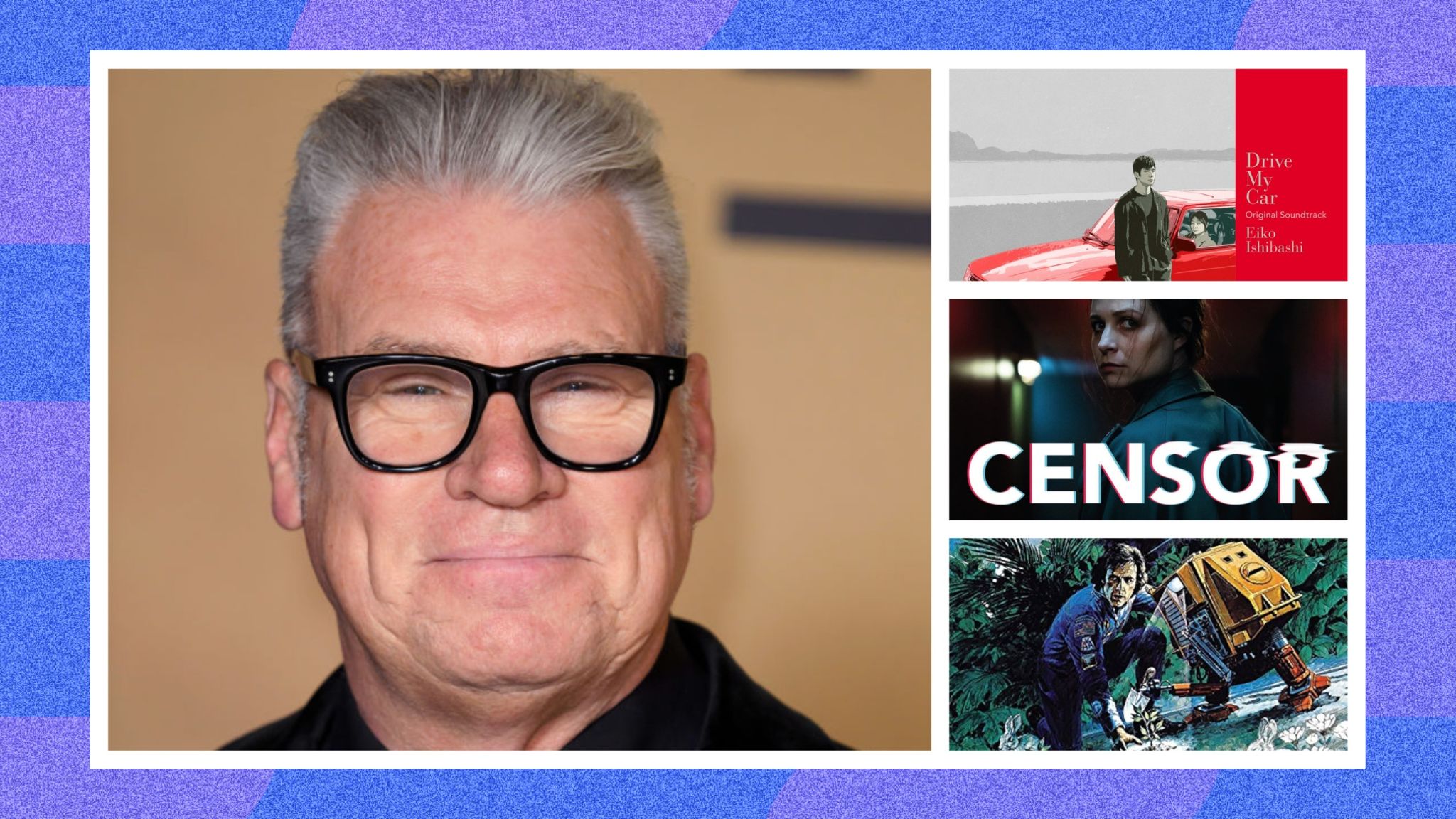
Get exclusive shortlists, celebrity interviews and the best deals on the products you care about, straight to your inbox.
You are now subscribed
Your newsletter sign-up was successful
For lovers of film, Mark Kermode needs no introduction. For the past near 40 years he has been a bastion of film criticism in the UK, regularly writing for the likes of NME and Sight & Sound and had a decade long stint as the Observer’s chief film critic. He’s also been a mainstay on TV with his fantastic film shows and has successfully moved from radio to podcasts, with his regular co-host Simon Mayo.
When Shortlist chats to him, he’s packing for a trip that is centred on his other big love — music. Well, music that’s connected to film, at least.
“I’m about to go to Bavaria,” he says. “I play in this band called The Dodge Brothers. We accompany silent films and we're playing at a festival in Bavaria. We’re doing FW Murnau’s City Girl and I’m literally just trying to get all the harmonicas in the right order, to figure out if I have the ones that we need, before I go off tomorrow morning.”
It’s apt that he’s about to fly off to soundtrack a silent movie as this is the subject of his new book Surround Sound: The Stories of Movie Music.
It’s a collaboration between him and Jenny Nelson — Nelson produced Mark Kermode's weekly film music show that aired on Scala Radio for five years and was also key to getting Surround Sound written.
“I was meant to write this book 10 years ago — and I actually did start writing 10 years ago. I had written Hatchet Job, which was a book about film criticism. And I just really wanted to write about something that I loved. Writing a book about film criticism was quite complicated, because it was really at the point that film criticism was in a bit of a crisis.”
It turns out, though, writing about something you have a huge passion for isn’t easy.
Get exclusive shortlists, celebrity interviews and the best deals on the products you care about, straight to your inbox.
“Every time I approached the subject of film music, it just seemed too big. And so I would start writing and then I'd get sidetracked. And basically what happened was I ended up writing three other books, maybe four in the meantime.”
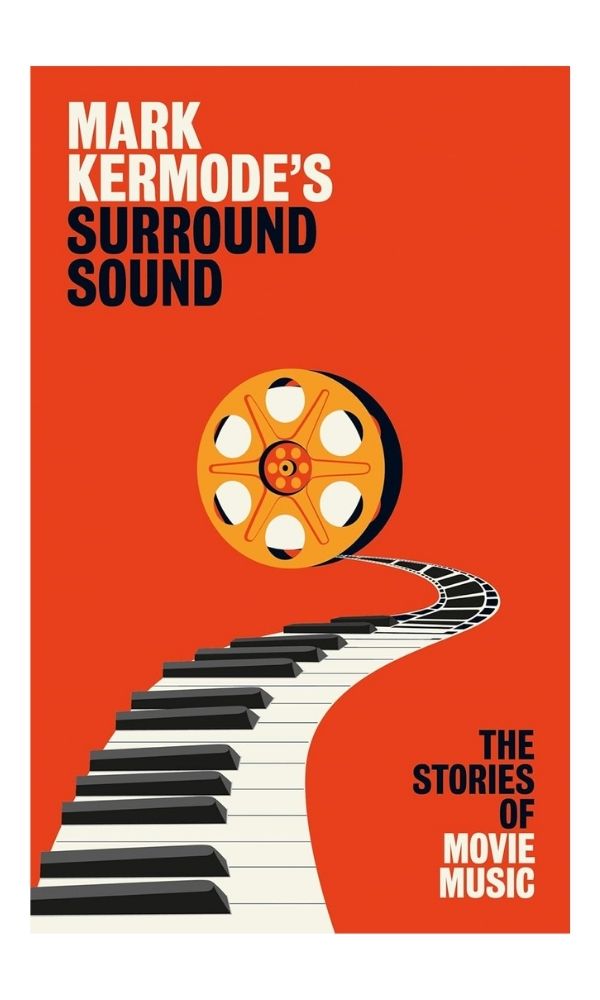
Celebrating the emotional connection that audiences form with film music, exploring the evolution of film scoring from silent films to the present day, and examining how what we hear has an impact on what we see, Mark Kermode talks to some of his favourite composers and delves into the movie music he loves.
Because of the vastness of the subject matter, Mark needed help. Enter Jenny Nelson.
“Jenny was really the key to it, because sometimes if you're really, really involved in something, it's just impossible, it's too close.
“And it took Jenny to go, ‘it's all very interesting, but how is it going to work?’ I needed somebody to do that, and she's just been a brilliant collaborator, absolutely brilliant.”
The collaboration worked, as the book is a fantastic insight into not just the music of film but the composers behind iconic scores.
It’s packed with interesting tidbits including the fact that sometimes there is never one answer for where a score comes from.
Crash course
“I interviewed Howard Shore and told him about a time when I interviewed him previously, where he played me an early version of the score for David Cronenberg’s Crash, on an early MacBook," recalls Mark.
"The score he played had a lot more notes. And he said that he sifted through those notes to find those sounds of broken glass, like the shards of a broken windscreen, this very angular sound, and I thought it was a brilliant description.
“When I spoke to him about it for the book, he said ‘that’s amazing but I have no recollection of ever having said that!' He then went on to say that Crash had come about as a result of an experimentation that he had done with three harps on the score for Madame Butterfly, and he then described a completely different process.
“What was fascinating about that was, I don't think that either of those versions are wrong. But what it demonstrated was that even one composer remembering the beginning of one score, has got several different versions of it, two different stories that I think are both true.”
Mark and Jenny will be offering up some more of these anecdotes at this year’s Edinburgh Book Festival with their The Sound of Movie Music talk.
But before you try and get tickets for that, Shortlist asked for Kermode’s list of underrated movie soundtracks — all of which should be your next must listen. Below are his choices, in his own words...
1. Silent Running — Peter Schickele
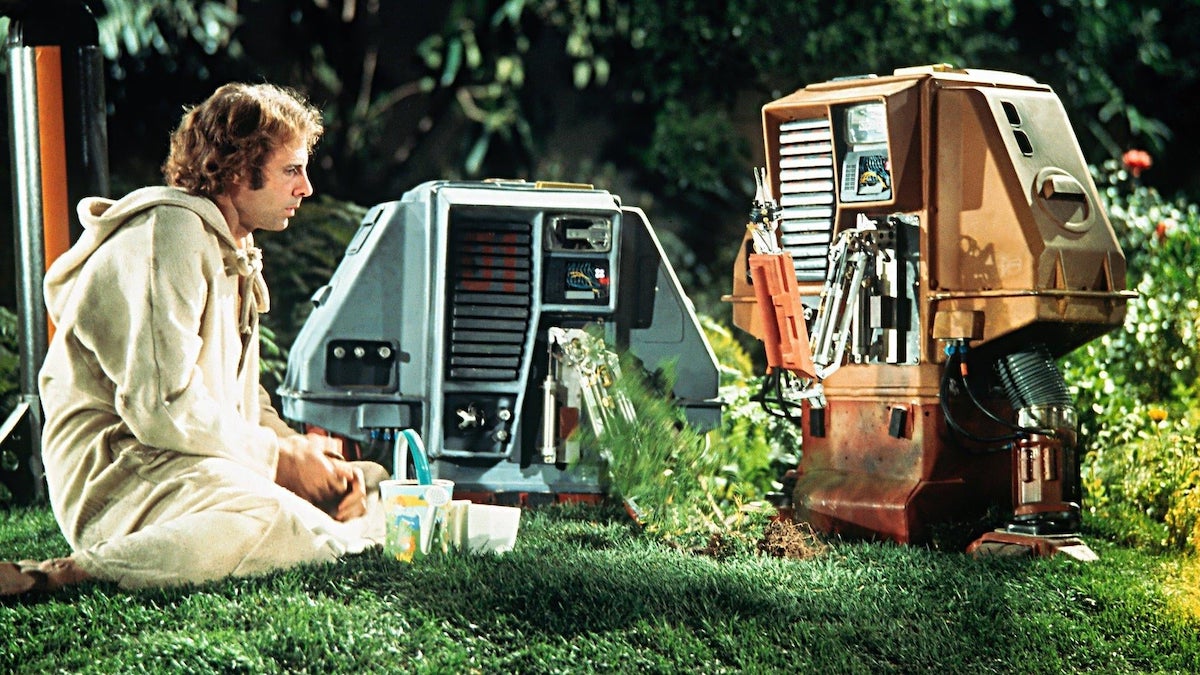
The reason this music is a big deal for me is that I remember seeing 2001 and going, ‘Wow, that music is amazing,’ but Silent Running is the film that I love more than 2001.
It was directed by Douglas Trumbull who had worked on the special effects for 2001.
2001 is a film in which the most sympathetic character is the one that wants to kill everyone.
Mark Kermode
I wrote a book about Silent Running — one of things that I wrote when I should have been writing Surround Sound — and I interviewed him and he said Silent Running is a very sentimental film.
He sort of made it in response to 2001 because that was such a cold film. You know, 2001 is a film in which the most sympathetic character is the one that wants to kill everyone.
So he had gone for this very, very different thing. He got Peter Schickele, who wasn't really a film scorer. He got him because he found an album by Joan Baez where Schickele had done orchestration or arrangement credits on it. And Doug Trumbull thought, well, if I get Peter Schickele to do it, then he might be able to get Joan Baez to record a couple of songs for me, which he did, and that score is just marvellous.
When we were doing a series of film music concerts some years ago with composer Robert Ziegler, I said to Robert, ‘can we play the space fleet from Silent Running?’ And he said, ‘I don't know whether it's available’.
So we had to get it transcribed, we had to get the sheets made up for it and then we played it. It was marvellous — a big orchestra playing this fantastic piece.
It was one of the first soundtrack albums I own and while it’s known by cult film fans, comparatively few people would pick it as a choice.
2. Never Let Me Go — Rachel Portman
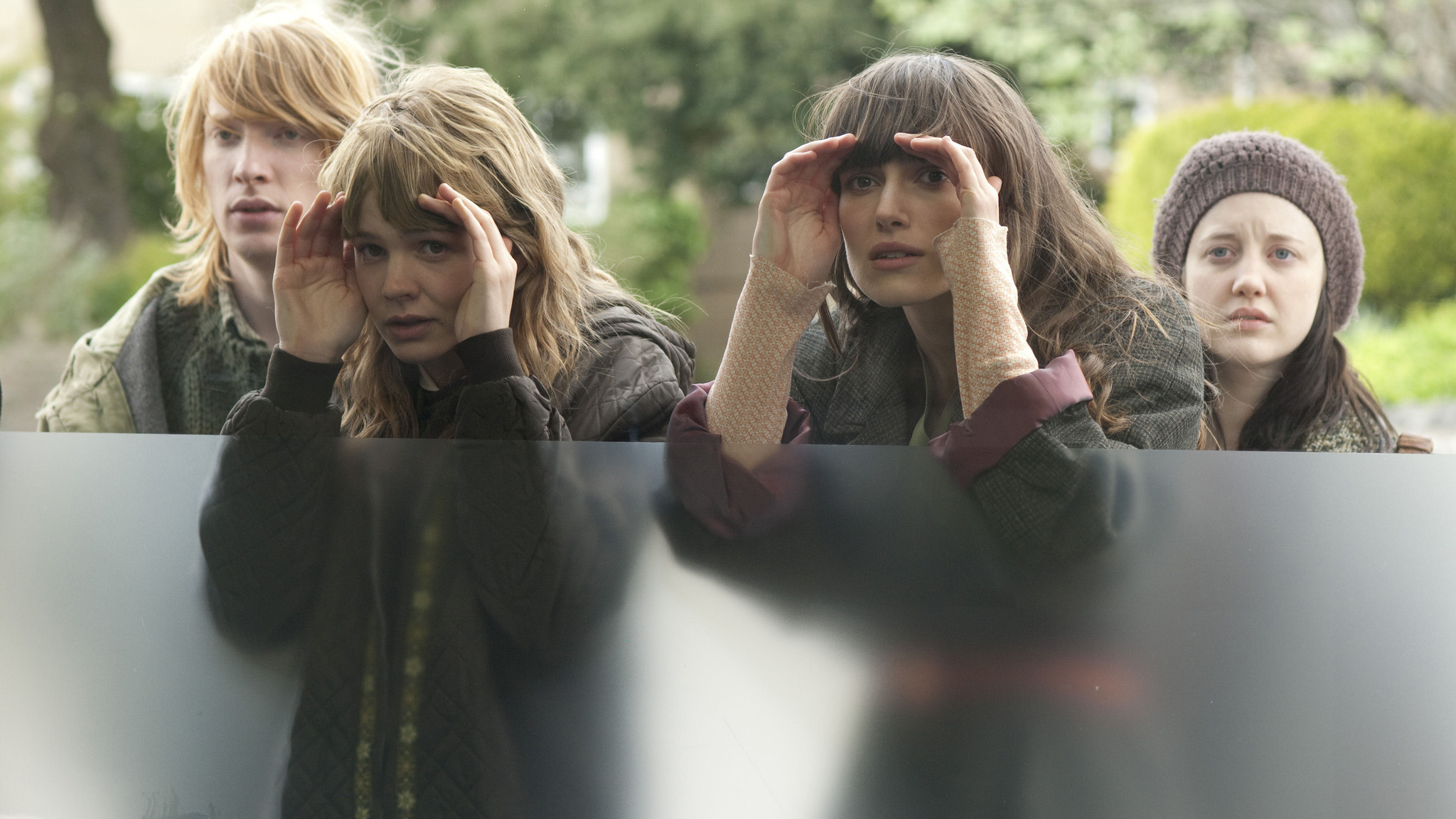
The thing about Never Le Me Go is that it isn't underrated, in as much as people who know the music think it is brilliant. But the film did really badly. And what was really interesting to me was when that film came out — and I think it's a much better film than people gave it credit for — people didn't like it.
It was pulled from American theatres, and when a film does that, the score often disappears with it.
I think we played music from Never Let Me Go more than any other piece of film music.
Mark Kermode
But I had loved the music, particularly the main theme, and I had really listened to it a lot. And when Jenny and I started doing the radio show together, we played it on the very first show. The show we did was International Women's Day, so we just played music by women and trans and non-binary composers, and we played it and it became an absolute Scala Radio mainstay.
I think we played music from Never Let Me Go more than any other piece of film music in the entire five years that we did it, and we played it so much that when we did a poll of the Scala listeners and their favourite film music, it was in the top 10.
I wrote about the score in the book and Rachel Portman said that she wanted to avoid science fiction — there is some debate whether Never Let Me Go is a science fiction movie — so she stayed away from anything like that. What she thought it was about was love and the time we have or don’t have. She has written this incredibly human, very emotive score.
While I don't think the music is underrated by the people who know and love it, it was not a big celebrated score, because the film wasn't celebrated. And that's just the way that goes.
3. Out Of Blue — Clint Mansell
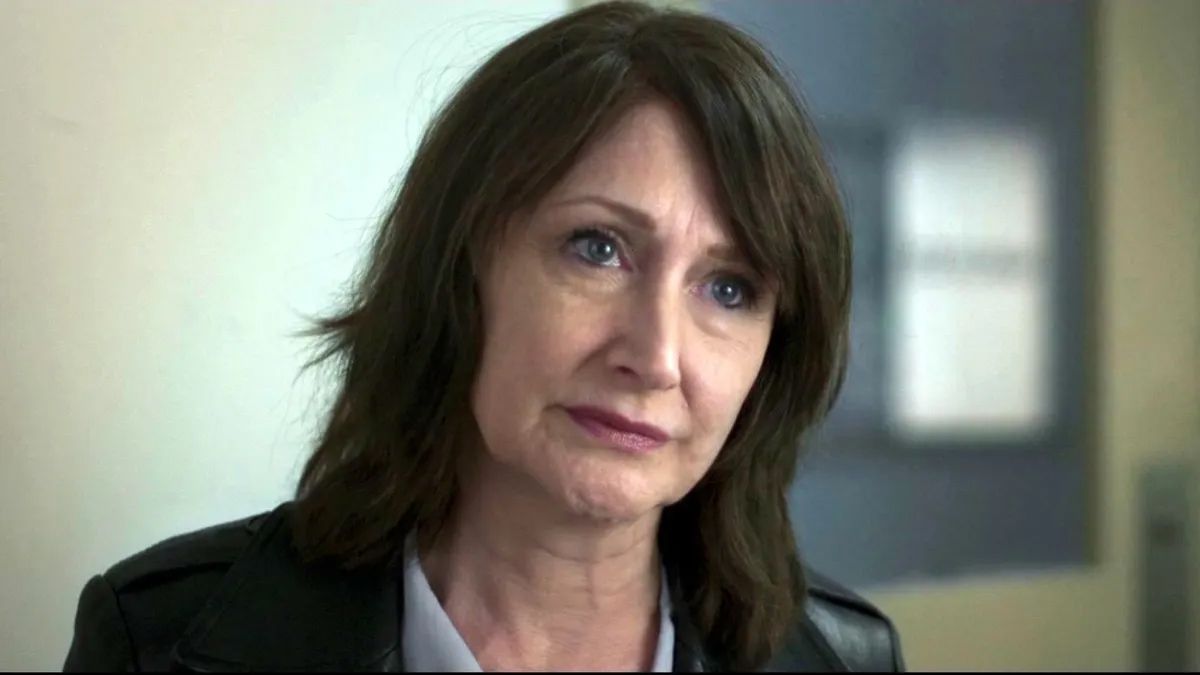
Another choice, because people didn’t see the movie, is Clint Mansell’s score for Out Of Blue, the Carol Morley film. I love Out Of Blue. I reviewed it and raved about it, and it just didn't find an audience.
It got some very sniffy reviews from people who didn't understand it, didn't understand what it was doing. It was a hard sell, because it's a very hard film to describe. It's a kind of cosmic murder mystery, in the way that I love, but it's very hard to sell that to people.
Is the work good? Are you proud of it? And if the answer to that is ‘yes’, then nothing else matters.
Mark Kermode
But Clint Mansell’s score for it is just fantastic. It's a score that you can listen to on its own away from the film. When you see it with the film, it's perfect. When you hear it on its own, it also really stands up.
And Clint said that when he first played the main theme of it to Carol Morley, she burst into tears.
In the book he talks about coming to a point in his life when he realised that it wasn’t what the response to a project was that was important but whether it was a project that he wanted to do.
He cites Out Of Blue as one of the key examples of a project that he loved working on, and he loved the film, and he loved the score, and he had to learn to detach from whether or not the film found an audience, or whether or not the film found critical support.
It's so interesting to hear somebody who's obviously had such a fantastic career and a long, varied career, and it's only recently that that kind of realisation hit him.
To get to the point of just thinking it's just to do with, is the work good? Are you proud of it? And if the answer to that is ‘yes’, then nothing else matters.
4. Censor — Emilie Levienaise-Farrouch
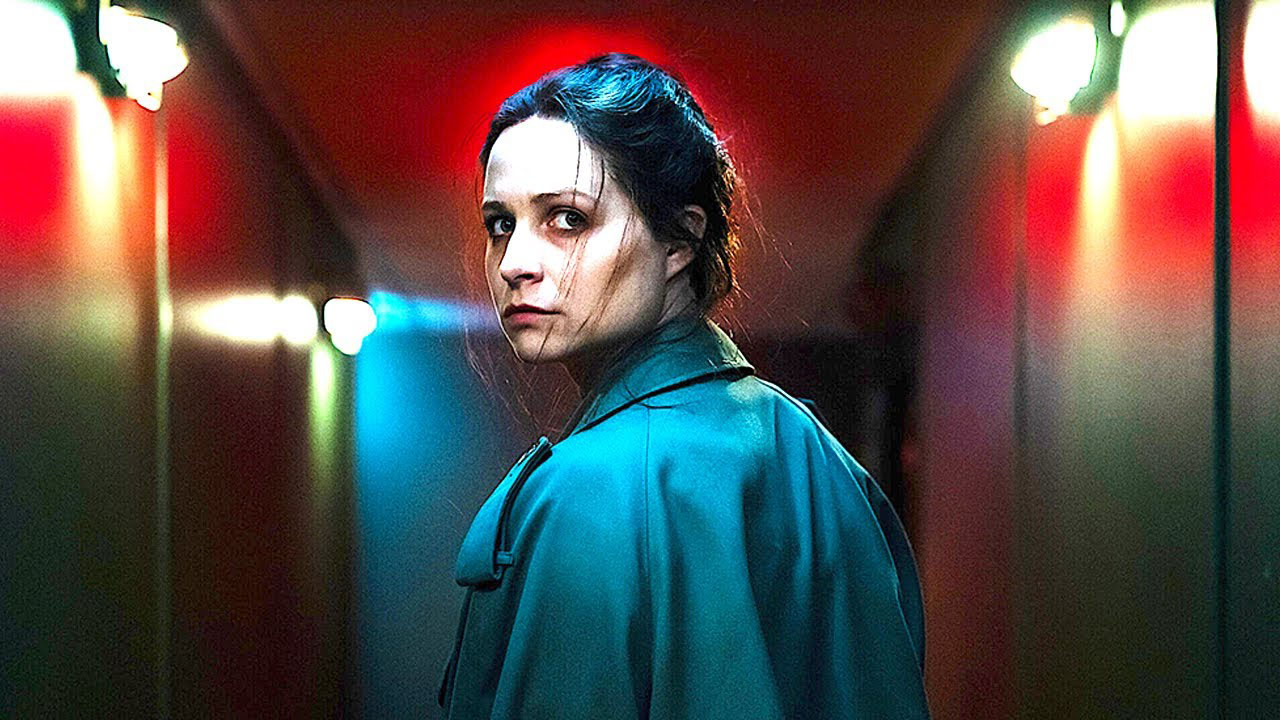
I think Emilie Levienaise-Farrouch is a fantastic composer anyway and her music for Censor, by Prano Bailey-Bond, is brilliant.
When people wrote about Censor, obviously, what they wrote about, really, was that it was a film about censorship in the video nasty era but that’s not what it’s about really.
There needed more celebration of what was going on in Censor's very understated score, which was really to do with mood.
Mark Kermode
Prano Bailey-Bond talks about taking inspiration from Watership Down — having the Censor offices be like a rabbit warren, you know? But I think that what Emilie Levienaise-Farrouch’s music does is a really brilliant job of showing us the world through the eyes of the central character.
The inclination would be to lean into pastiche of a video nasty score or something. But she didn't want to do that. What she wanted to do was to write the music as a psychodrama from the point of view of the central character, who is the censor who is seeing all this stuff and is becoming led into that world.
And then as her world sort of becomes inflected by the nature of the videos that she's watching, the music starts to reflect that.
I just think that there needed more celebration of what was going on in that very understated score, which was really to do with mood, with putting you inside the head of a character and shoot what the world looked like through their eyes — as opposed to just leaning into pastiche and nostalgia and a period setting.
5. Drive My Car — Eiko Ishibashi

The last one, which you may have heard of, is the score for Drive My Car. Drive My Car got all sorts of awards attention but the one area that it didn't get lavished with awards was the score.
Eiko’s score is just phenomenal. It's absolutely brilliant storytelling. It is a standalone piece of music. I mean, you probably wouldn't listen to Censor on its own away from the film, but the Drive My Car score you absolutely would.
I've just come back from a film festival in Croatia, and there's this really brilliant music editor who I hadn't met before, whose name is Suzana Peric. She's worked with a tonne of really, really big filmmakers, Jonathon Demme and others.
It's absolutely brilliant storytelling. It is a standalone piece of music.
Mark Kermode
She did a seminar about music editing and at the end of it, she started to talk about scores she loved. She said Drive My Car and I nearly jumped out of my seat, and I said, ‘I've never heard anyone else say that’.
Then we have this kind of 10 minute love fest of just going, ‘isn't it the greatest score? Isn't it amazing how it sounds like it's easy listening, but it's really uneasy? And it takes these themes and it does these really, really interesting things with them…’
I was just absolutely fascinated that this really big, major film music editor, exactly the same as me, had just seen that film and gone, ‘I love that score’.
Surround Sound: The Stories of Movie Music is out 11 September — you can pre-order a copy now.
- Here are some more of the best movie soundtracks of all time

As Content Director of Shortlist, Marc likes nothing more than to compile endless lists of an evening by candlelight. He started out life as a movie writer for numerous (now defunct) magazines and soon found himself online - editing a gaggle of gadget sites, including TechRadar, Digital Camera World and Tom's Guide UK. At Shortlist you'll find him mostly writing about movies and tech, so no change there then.
You must confirm your public display name before commenting
Please logout and then login again, you will then be prompted to enter your display name.